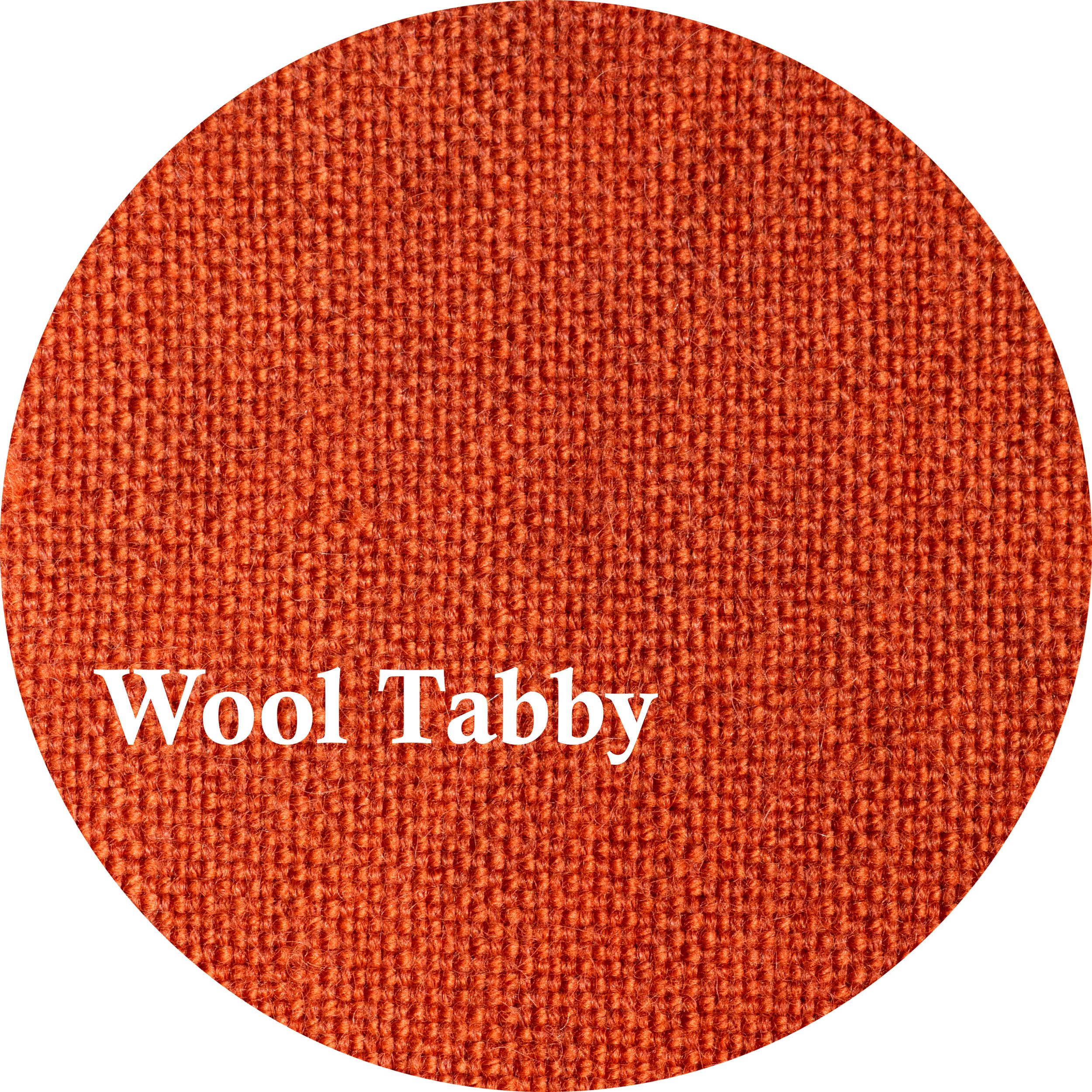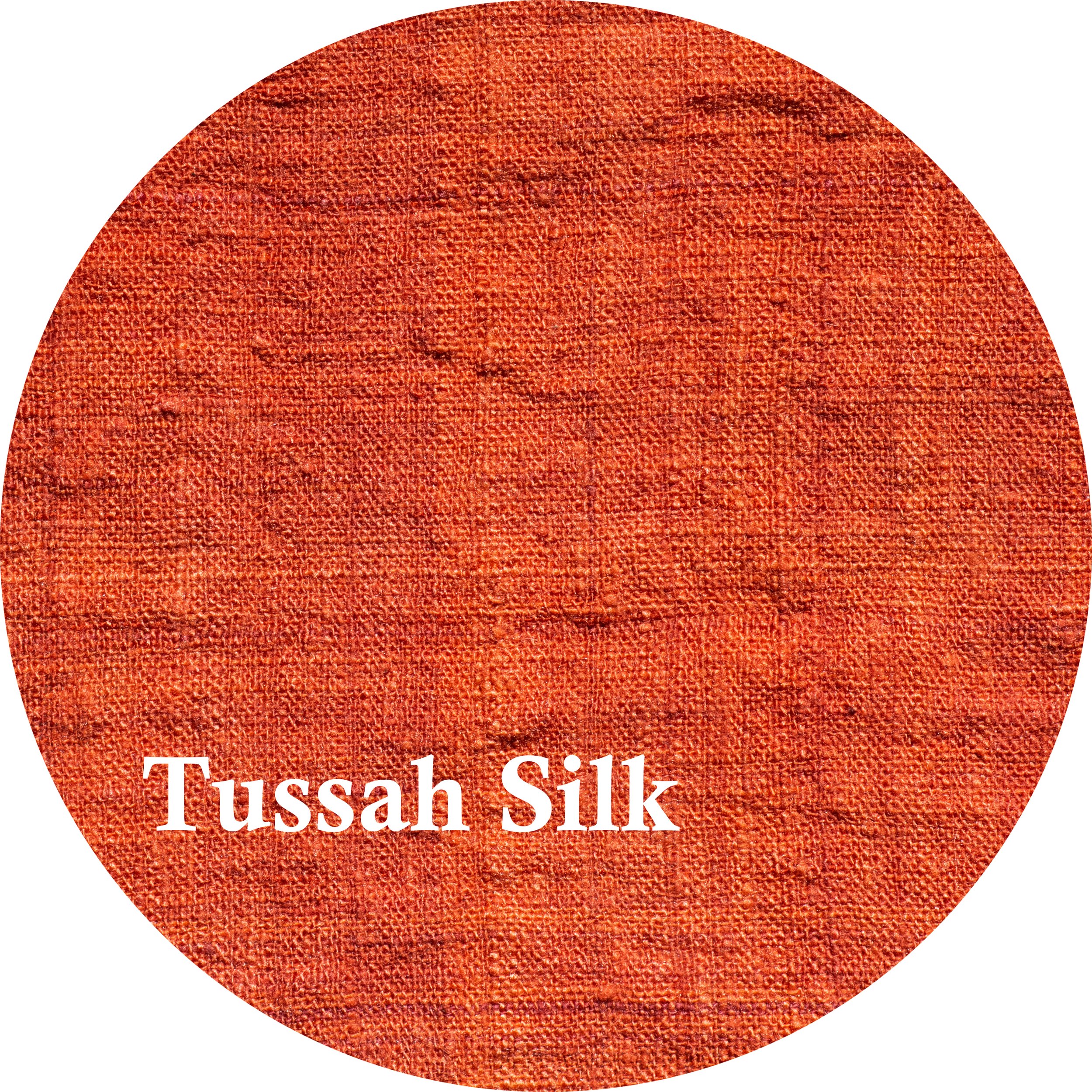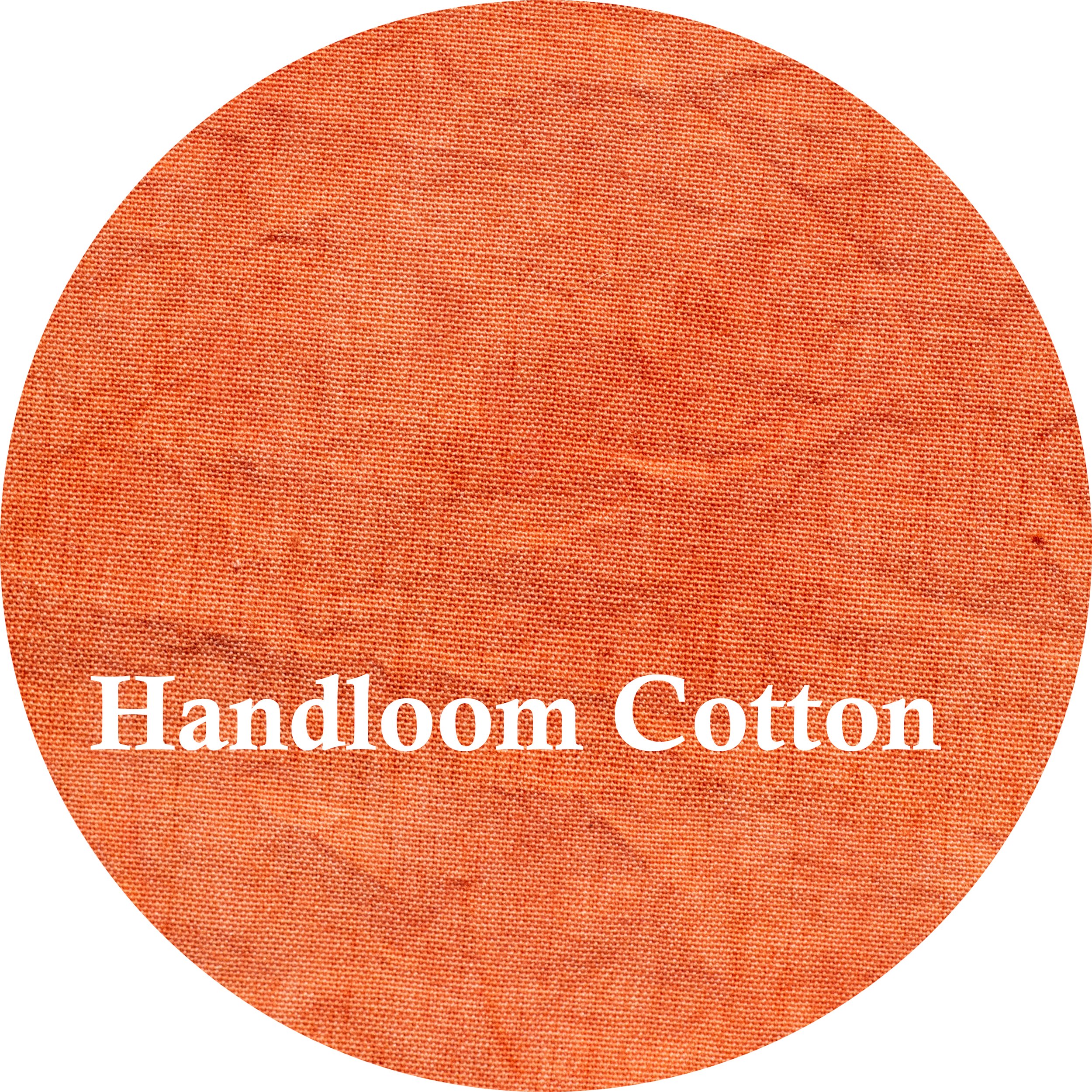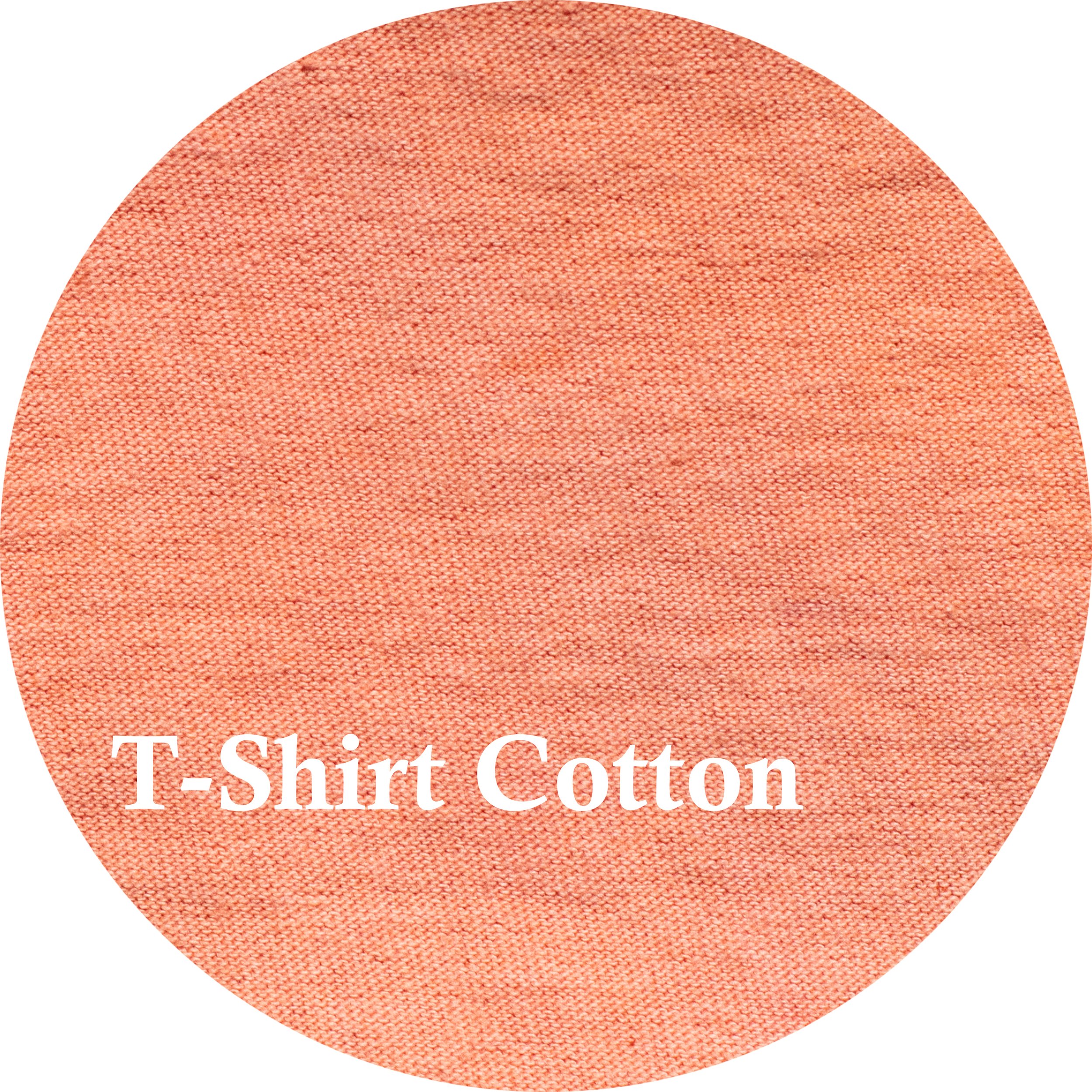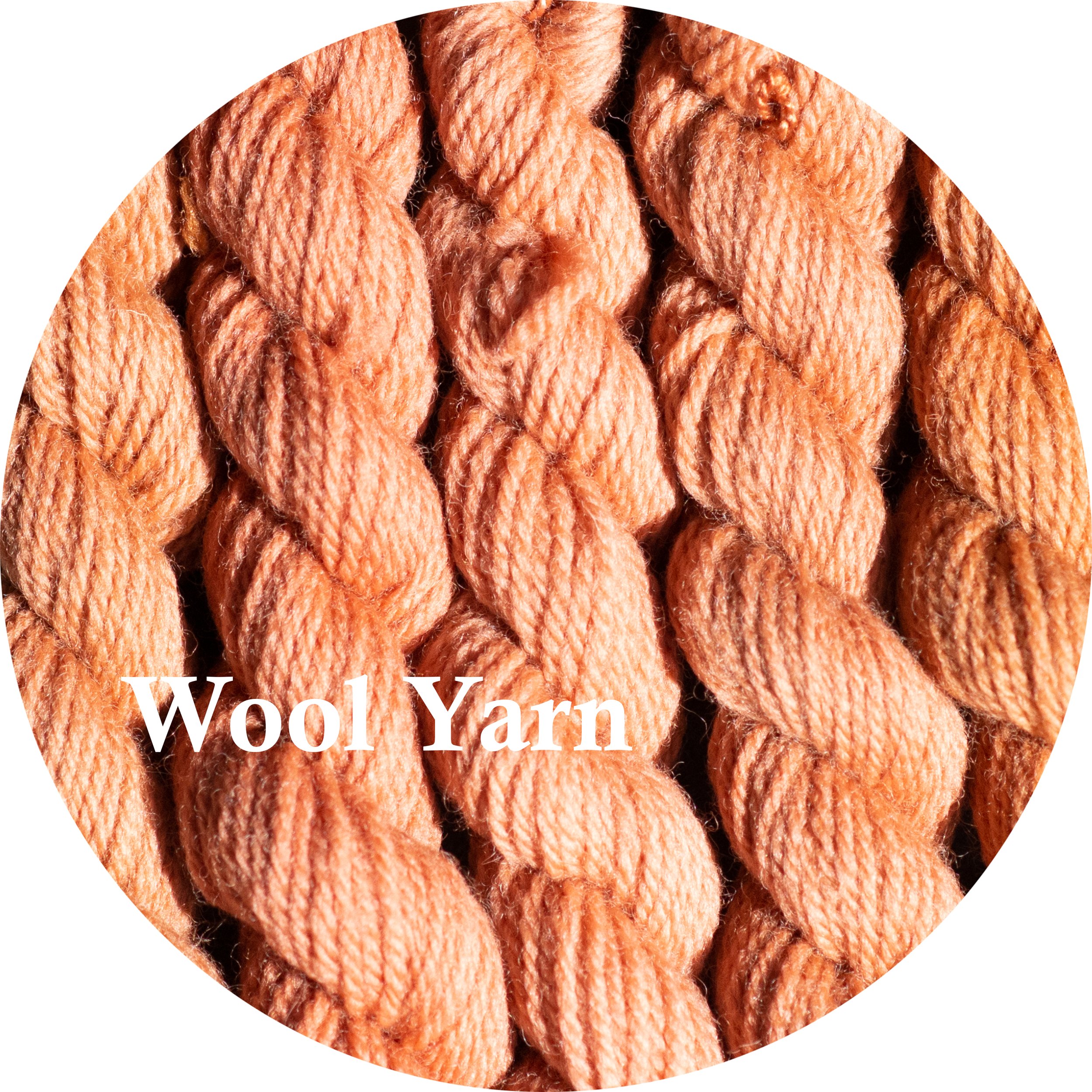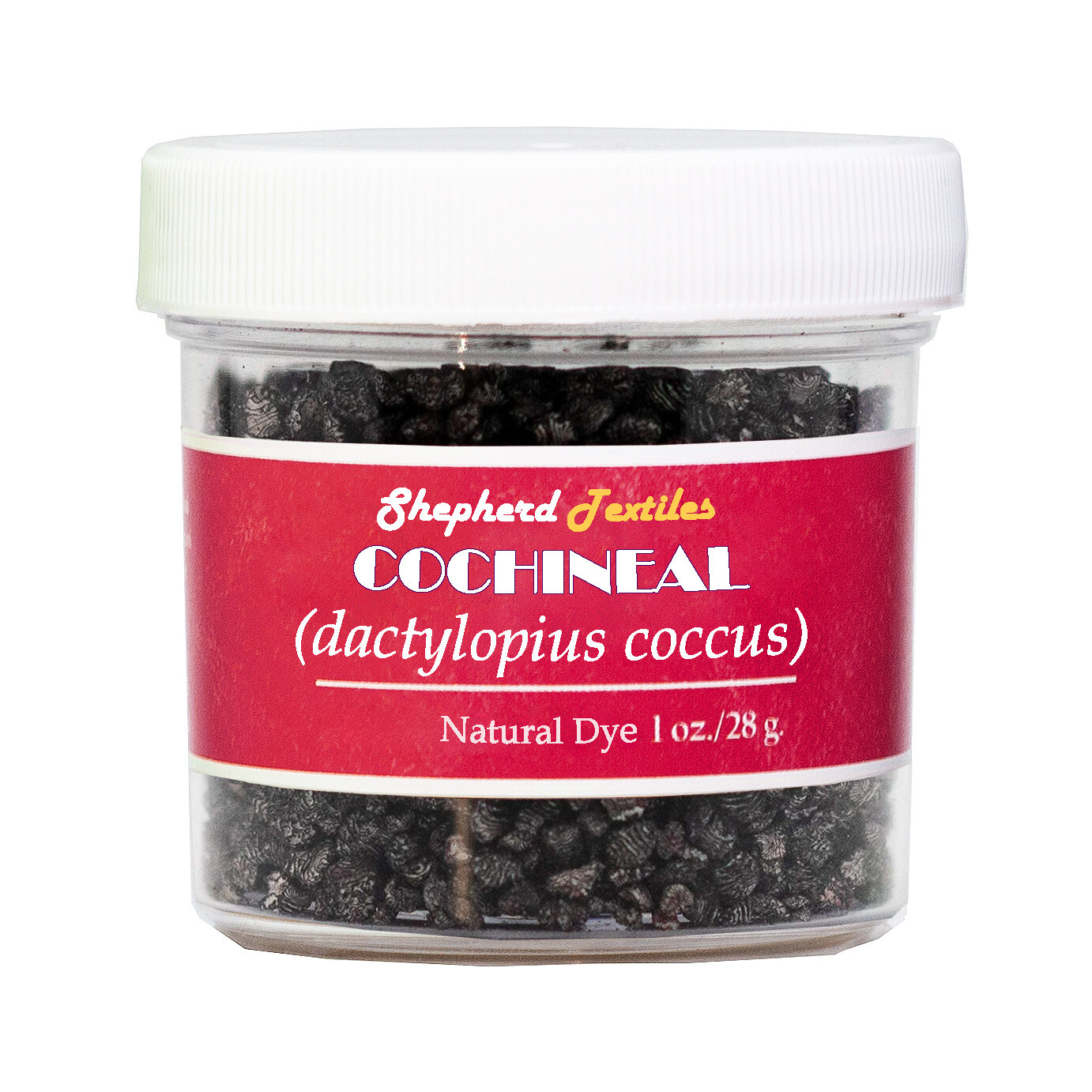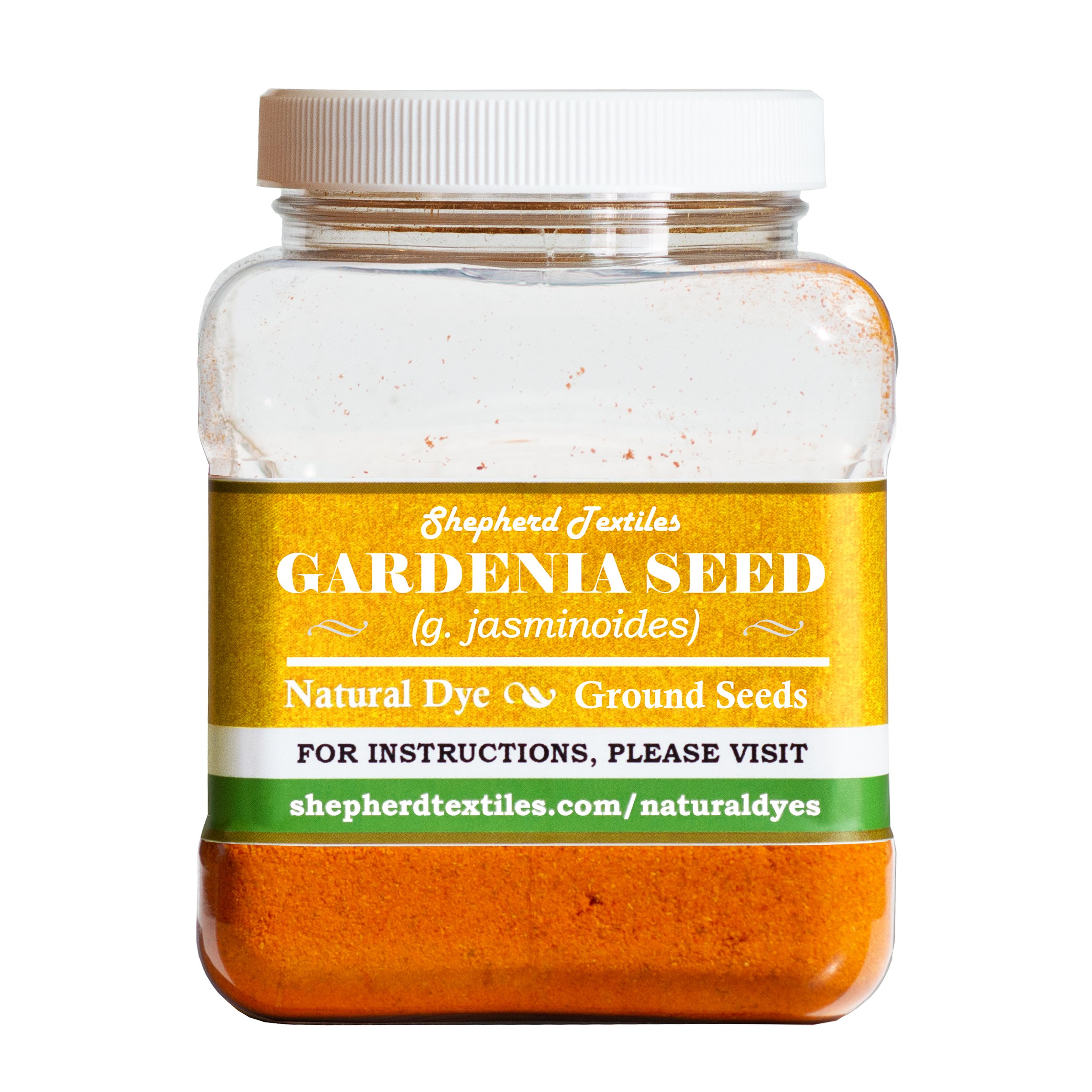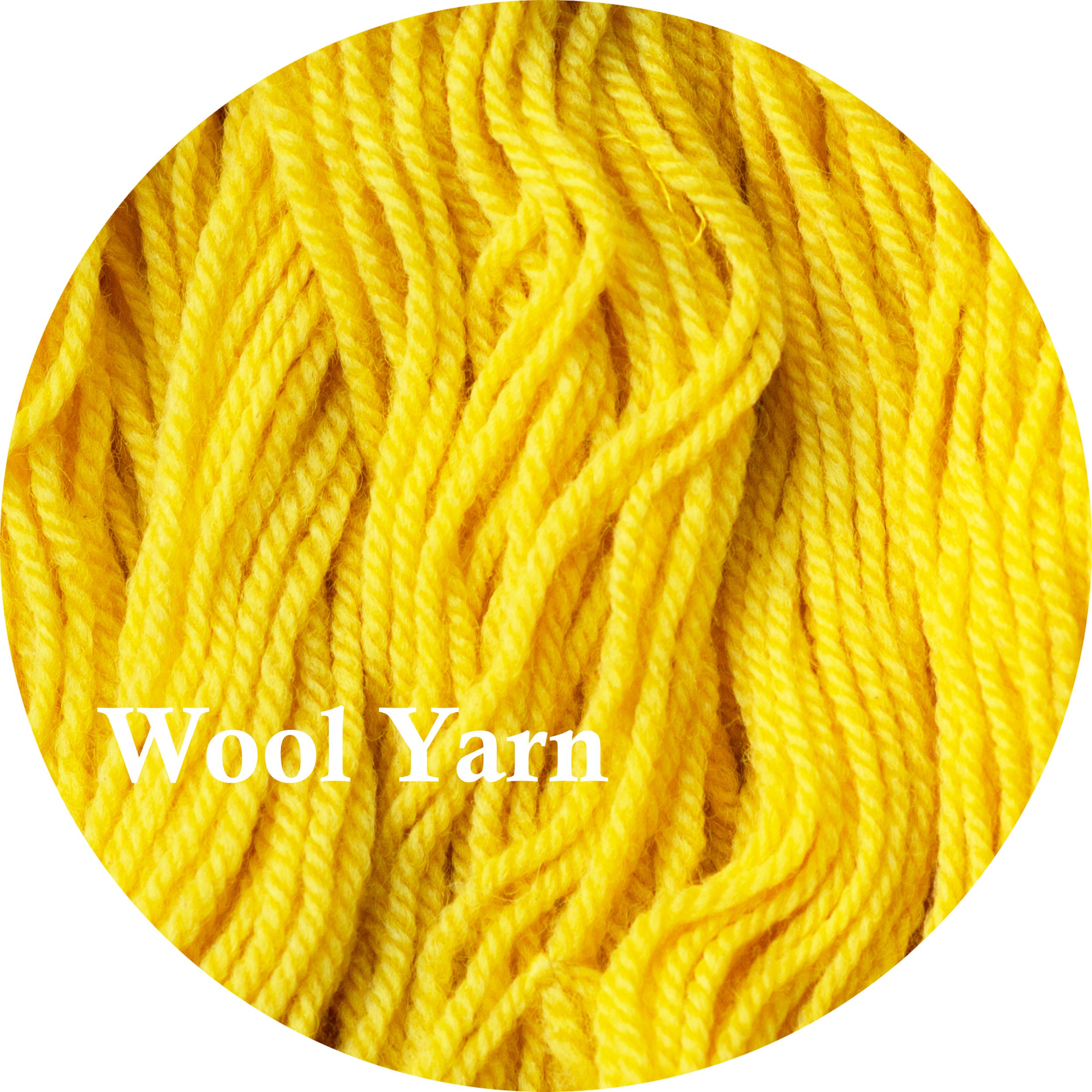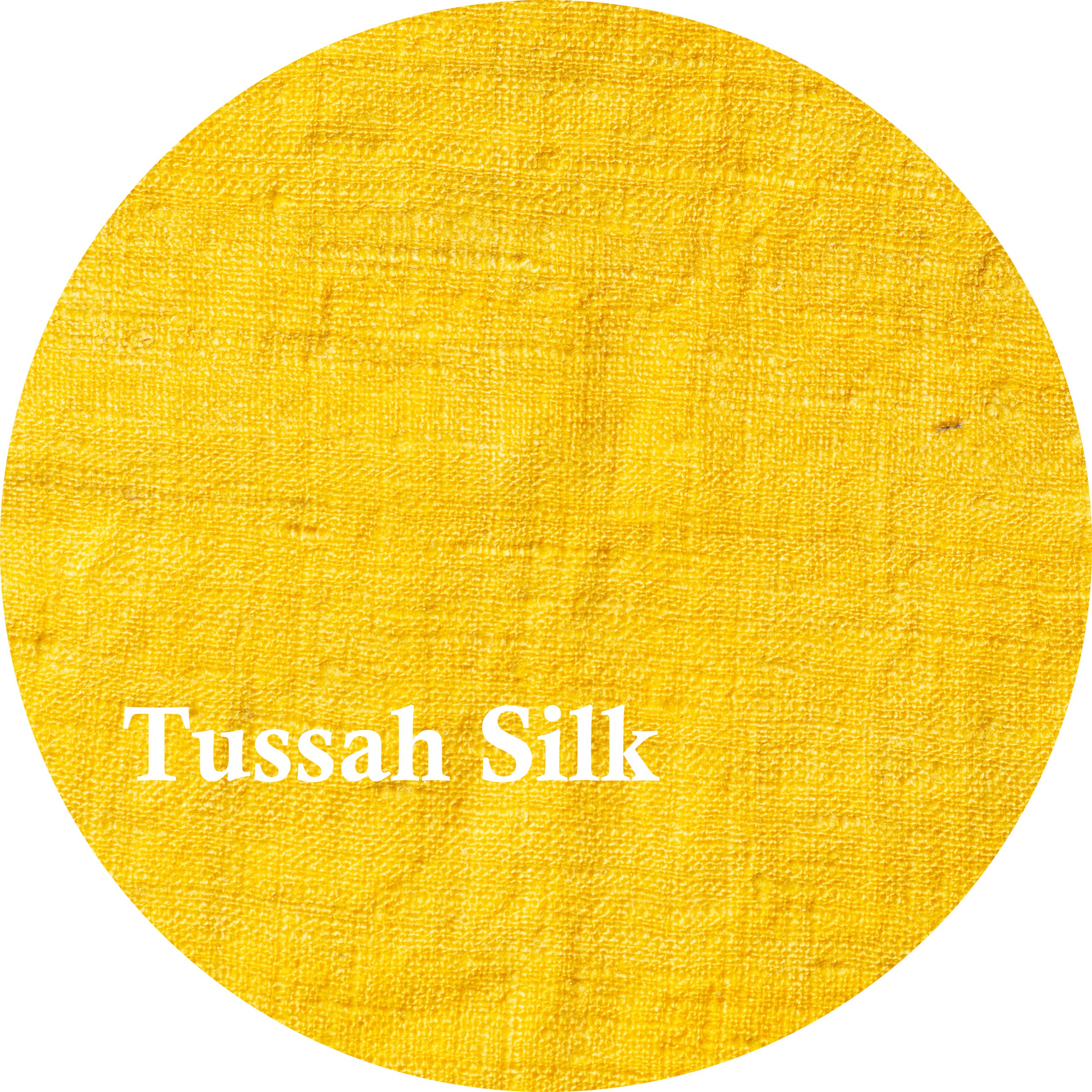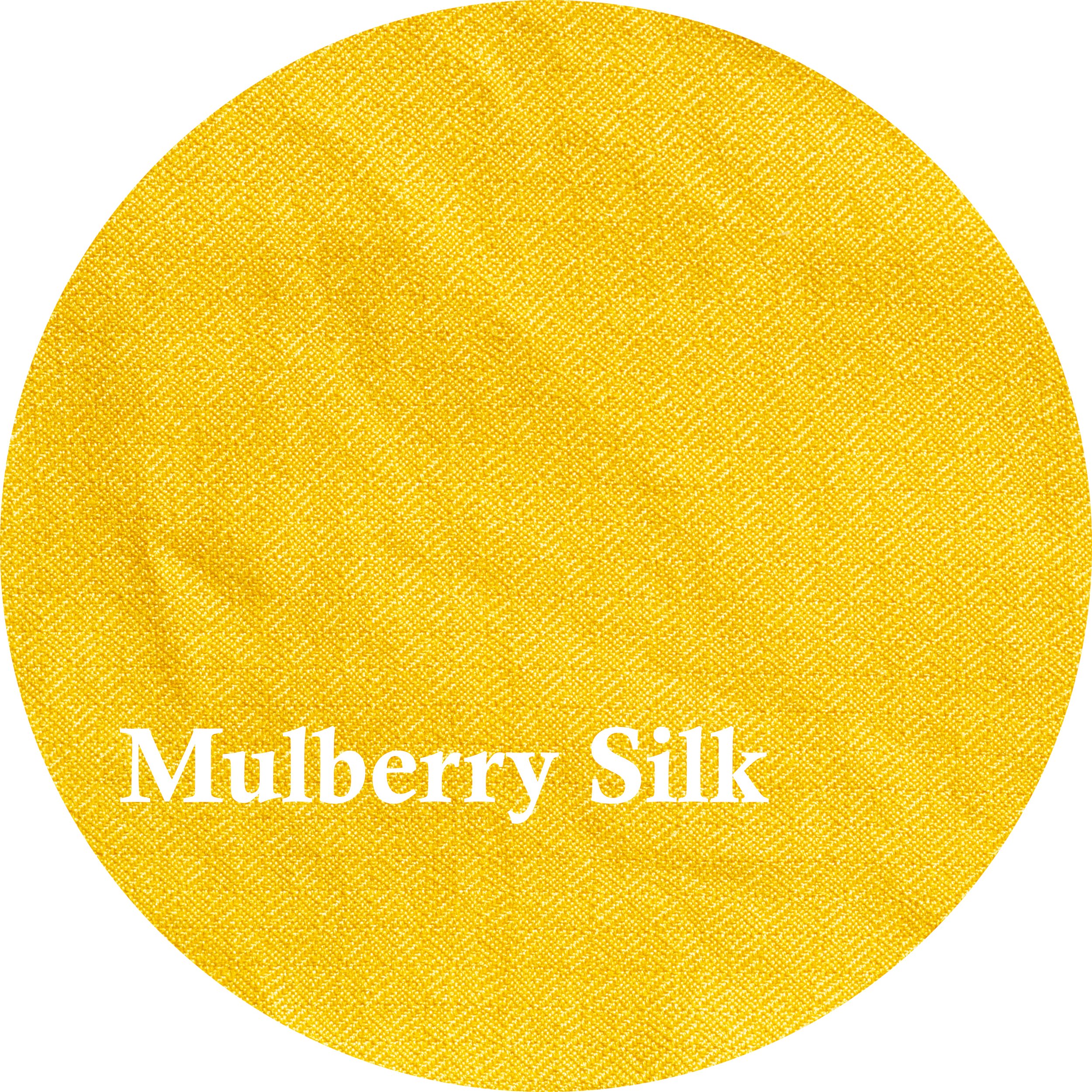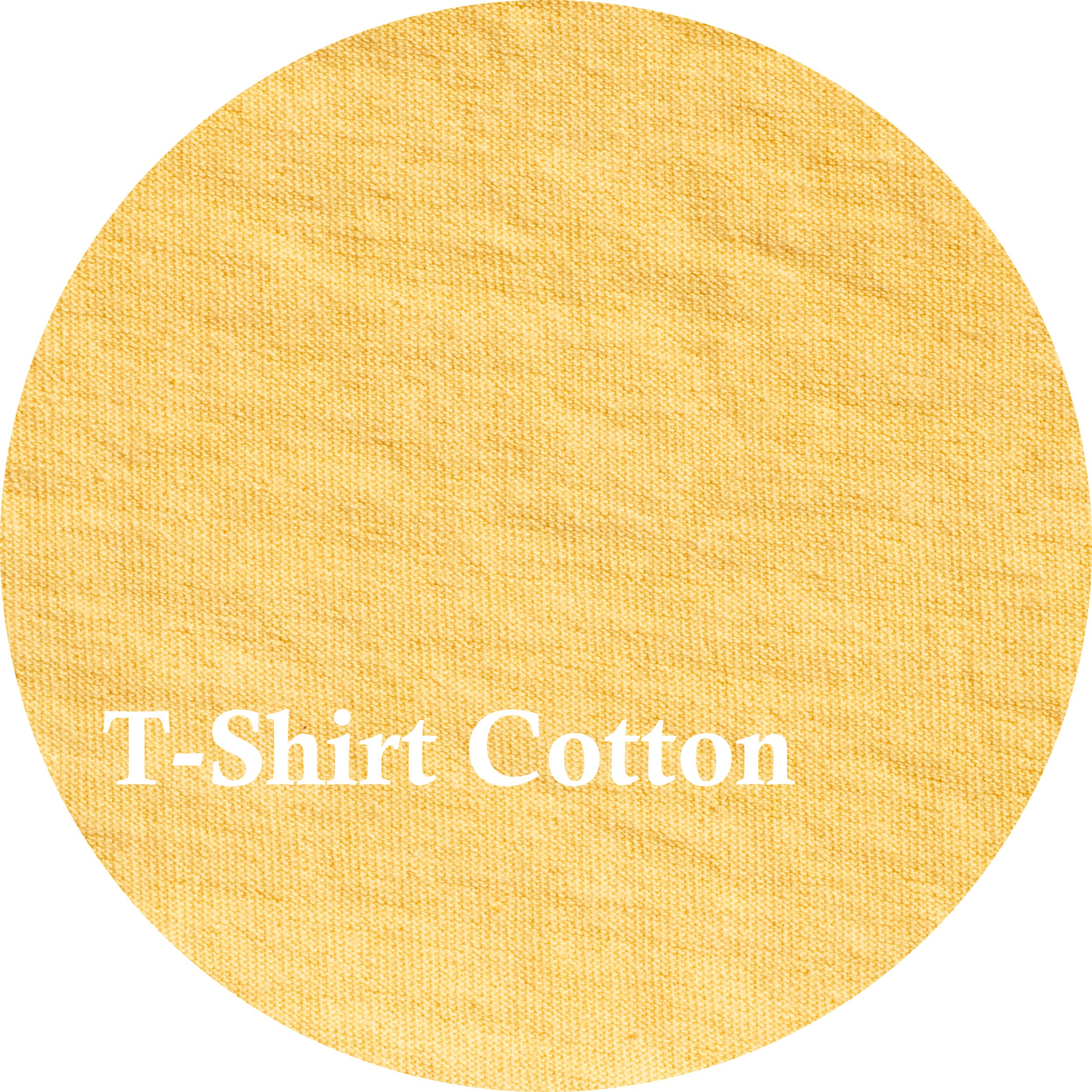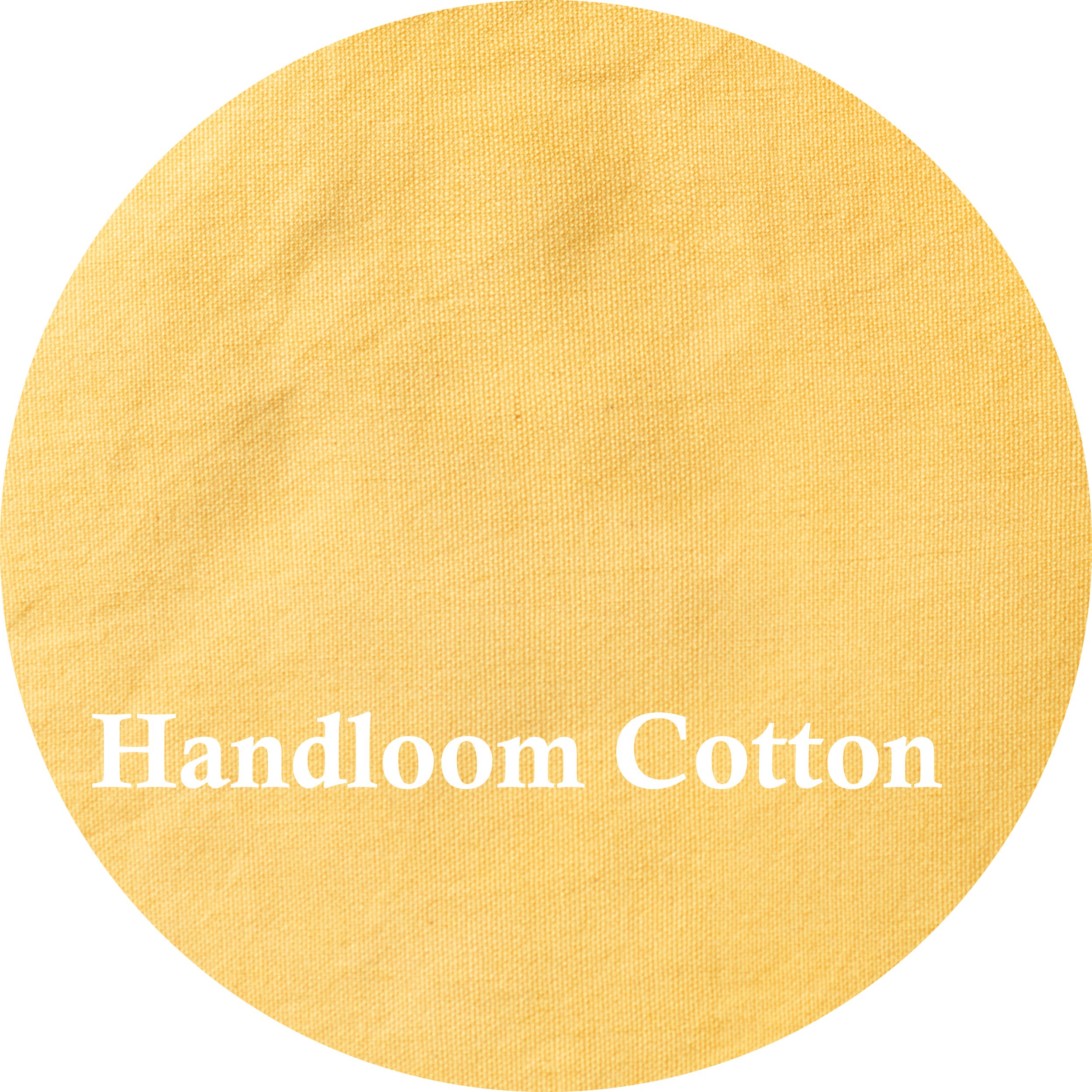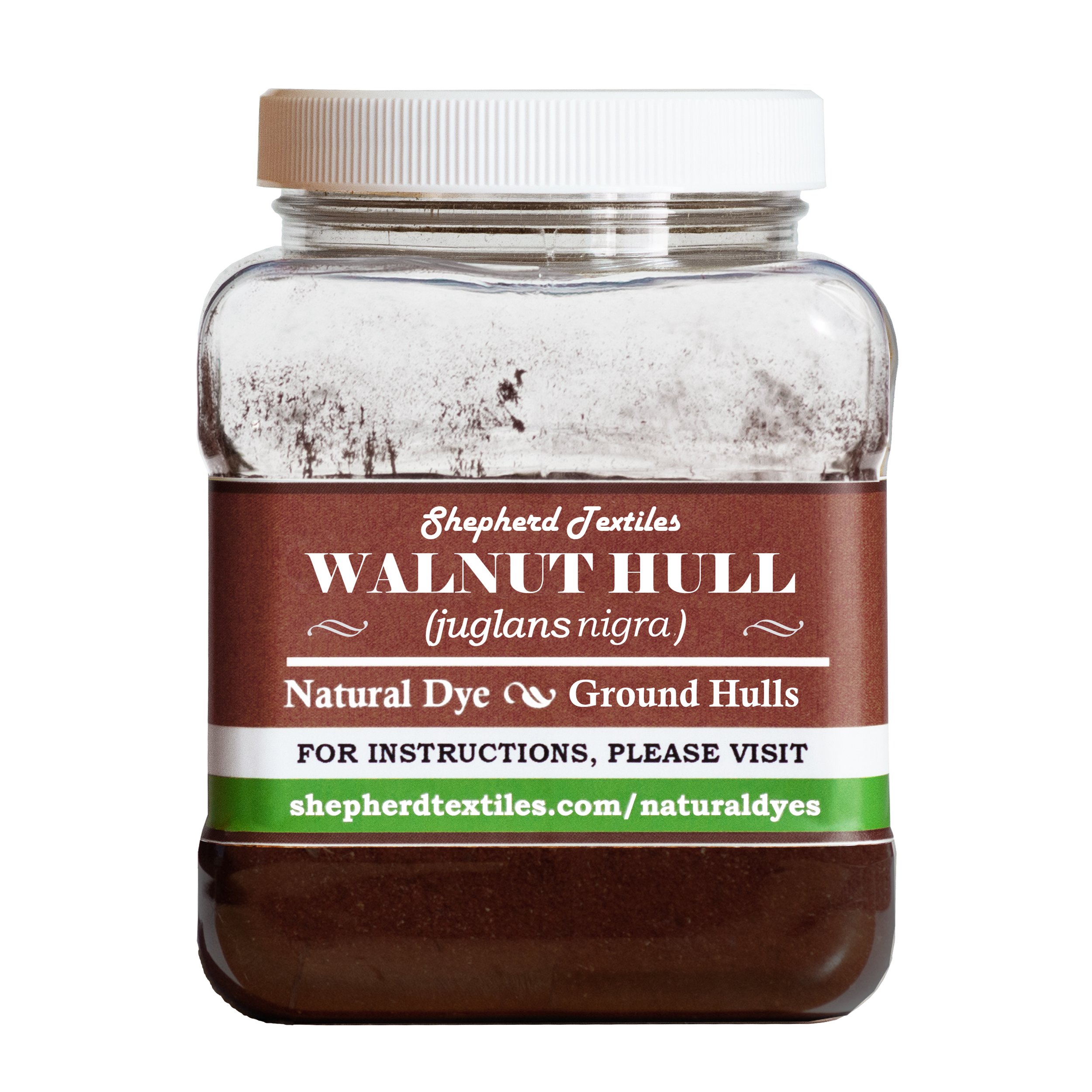 Image 1 of 7
Image 1 of 7

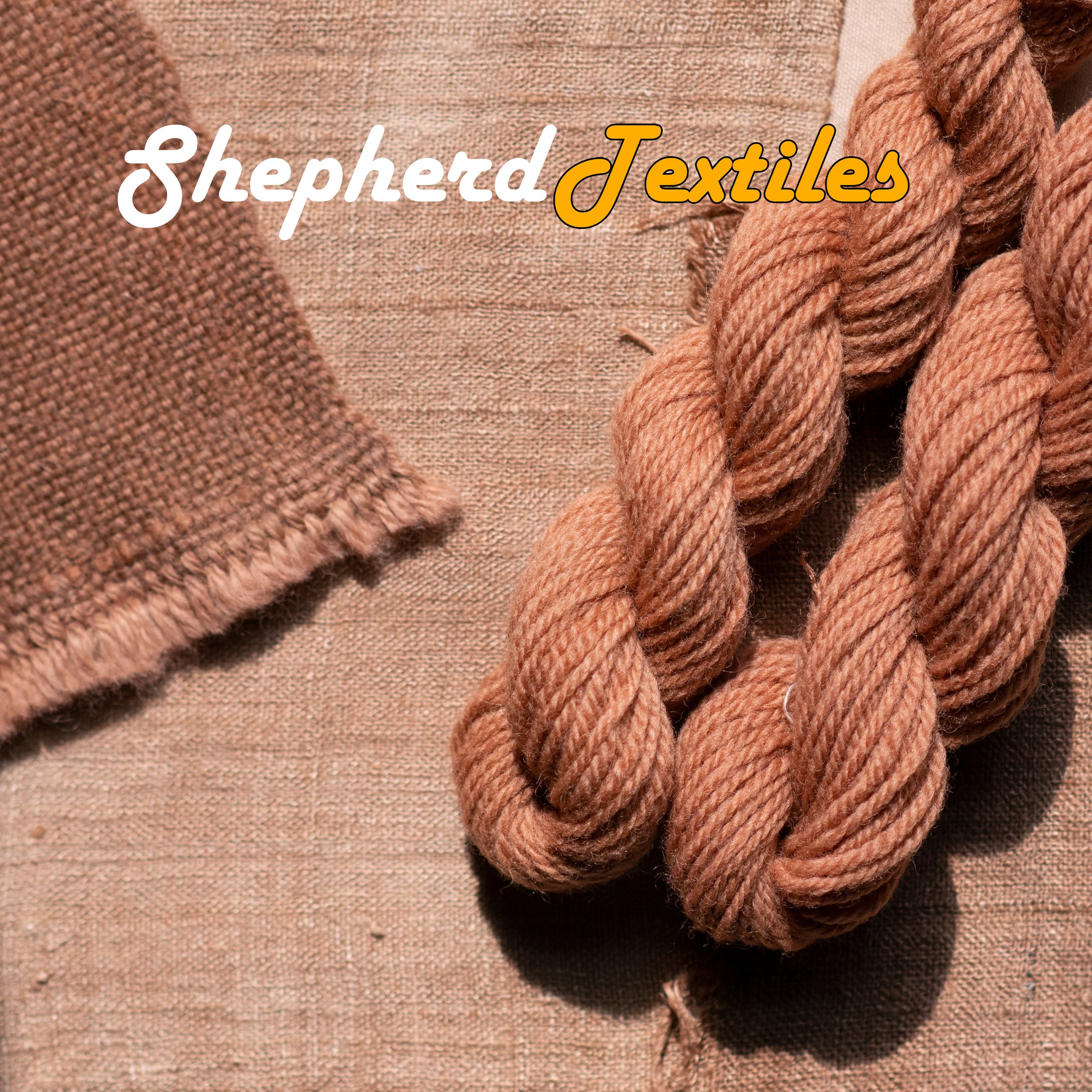 Image 2 of 7
Image 2 of 7

 Image 3 of 7
Image 3 of 7

 Image 4 of 7
Image 4 of 7

 Image 5 of 7
Image 5 of 7

 Image 6 of 7
Image 6 of 7

 Image 7 of 7
Image 7 of 7








Walnut Hull Natural Dye
Shepherd Textiles Walnut Hull Natural Dye contains the ground hulls of the black walnut, juglans nigra. Walnut hulls contain a potent compound called juglone. Juglone evolved in the species as a defense mechanism; it is toxic to other trees, and juglone that seeps out of the roots or the fallen nuts can prevent other trees from growing within a radius of 5 or 10 feet. Juglone is also a potent natural dye, and black walnut has been used for centuries in the eastern U.S. to dye wool brown. Our walnut hulls are wild-gathered in Tennessee and ground to a coarse powder in our studio. Use them at 30% weight-of-fabric (WOF) for creamy coffee shades, or 100% for darker shades of brown.
Before using, please read our Guide to Dyeing With Walnut Hull for color recipes, background, and safety information.
Made in the USA.
Shepherd Textiles Walnut Hull Natural Dye contains the ground hulls of the black walnut, juglans nigra. Walnut hulls contain a potent compound called juglone. Juglone evolved in the species as a defense mechanism; it is toxic to other trees, and juglone that seeps out of the roots or the fallen nuts can prevent other trees from growing within a radius of 5 or 10 feet. Juglone is also a potent natural dye, and black walnut has been used for centuries in the eastern U.S. to dye wool brown. Our walnut hulls are wild-gathered in Tennessee and ground to a coarse powder in our studio. Use them at 30% weight-of-fabric (WOF) for creamy coffee shades, or 100% for darker shades of brown.
Before using, please read our Guide to Dyeing With Walnut Hull for color recipes, background, and safety information.
Made in the USA.









